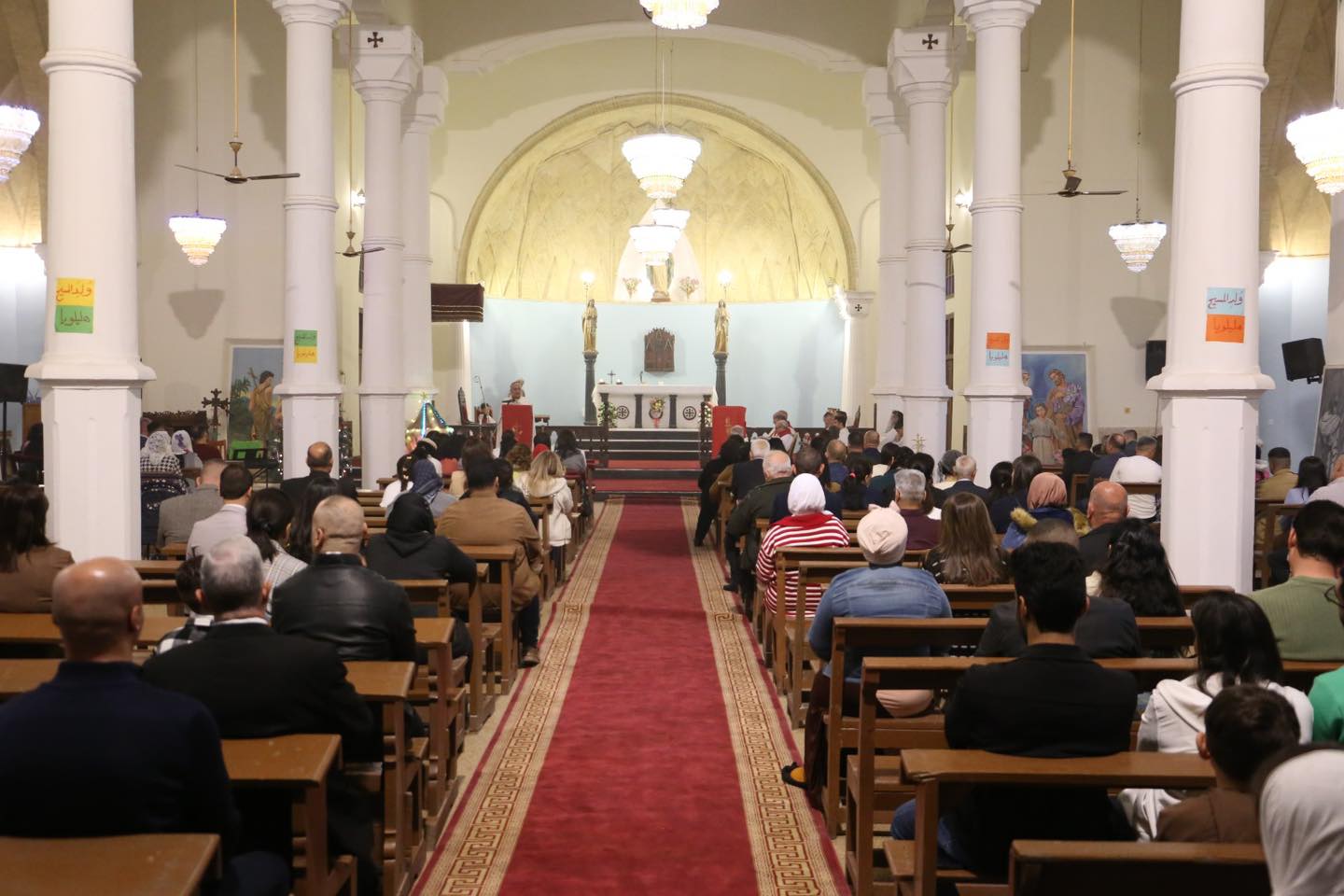Christian exodus from Basra leaving empty churches, threatening the community’s very survival
Out of 7,000 families that once made up the community, only 350 remain today. Out of 17 churches, at least nine have been closed and two set on fire. Many chose to emigrate to Iraqi Kurdistan or the diaspora. From those who are left comes a call for expats to return, for this is also "our land".
Basra (AsiaNews) – In oil-rich southern Iraq, the city of Basra, like the rest of the country, is losing most of its Christian residents.
Most of the city’s churches are now unused after 80 per cent of local Christians, who include Assyrians, Chaldeans and Syriacs and can claim to be the original inhabitants of the area, have emigrated or fled.
Some have sought refuge in the north, in Iraqi Kurdistan, where the situation is relatively quieter, despite repeated Turkish and Iranian attacks against the Kurds, like in recent weeks, with Christians caught in the crossfire.
Others have left the country altogether, joining the diasporas in North America, Europe, and Australia.
Basra province was once home to a thriving Christian community, with more than 7,000 families calling it home. Now some 350 are left, this according to the Basra Council of Churches.
For Fr Aram Sabah, from the Chaldean Archeparchy (archdiocese) of Bassorah (Basra) and southern Iraq, marginalisation and lack of security explain past migration.
“There are threats. That is why Christians migrate. Whenever there is an opportunity, they do not miss it and they leave," Fr Sabah told Rudaw, a Kurdish news website.
Today, "There are many reasons that lead to Christian migration. When there is a weak law in place, or your rights are not given and you are considered a third-class citizen, you will migrate abroad whenever you see an opportunity," he explained. This “hurts us a lot.”
Many Christians have left fearing for their life “due to death threats” that continue. Back in 2016, Basra saw the first victim of the controversial anti-alcohol law, with the killing, execution style, of a Christian shopkeeper at the hands of armed men.
Out of 17 churches that exist in the city, at least nine have been shuttered and two have been torched and are unusable.
Christians who have remained complain of persistent hardships, but still hope that those who have fled will return to rebuild a community that is vanishing.
"There is no ethnic discrimination in Basra in general,” said Habeeb Saadun, an elderly resident. “It does not matter whether you are a Sunni, a Shia, or a Christian. “I ask all Christians to return to the province of Basra, because there is peace and security here.”
He is not alone. “We hope they will return to their country,” noted Abbas Ali, another Basra resident, “because this country is theirs as well. Thanks be to God; security has been stable recently."
Basra is the most important city in southern Iraq, but in recent years it has been rocked by serious ethnic and sectarian violence, which prompted the Church to suspend all extra-pastoral activities and the authorities to impose a curfew.
More generally, the country’s recent history has been very troubled, something that Chaldean Patriarch, Card Louis Raphael Sako, has repeatedly criticised.
As a result, Iraq’s Christian population has dropped drastically, from about 1.5 million before the US invasion in 2003 to less than 300,000 (150,000 according to some sources).
In addition, Basra, a predominantly Shia city, and the centre of the oil industry in the south, saw intense fighting in September 2022 between rival factions with scores of people killed and wounded.
This followed the decision by radical Shia leader Moqtada al-Sadr to retire from political life. Two of the victims were members of al-Sadr's Saraya al-Salam (Peace Brigades), opposed to the Asa'ib Ahl al Haqq (League of the Righteous), an Iranian-backed paramilitary.







.png)










